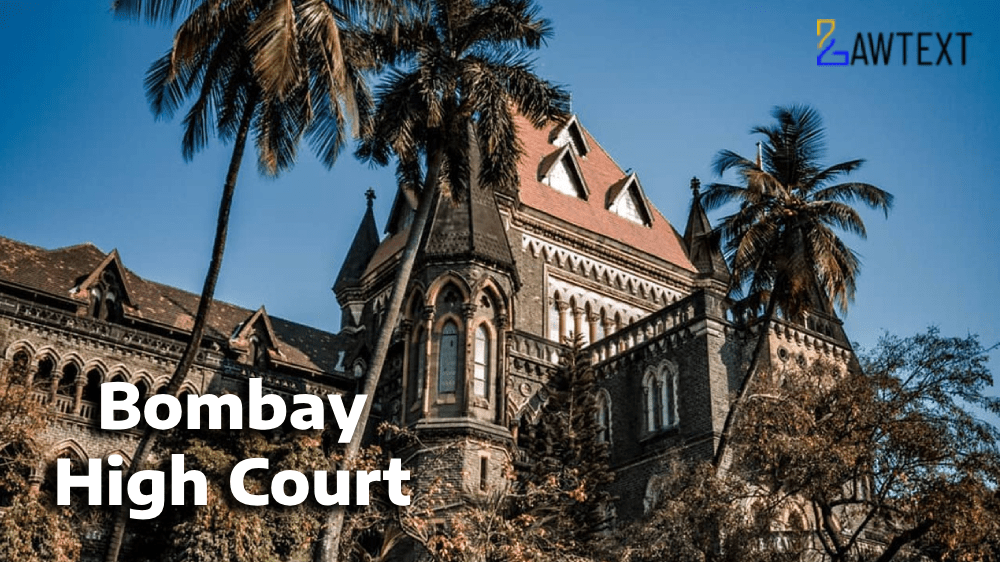

The Bombay High Court, Nagpur Bench, acquitted Appellant in a case under Section 376(2)(i) of the IPC and Section 6 of the POCSO Act. The appellant was sentenced to 20 years in prison by the trial court for allegedly assaulting a minor. However, the High Court found inconsistencies in the prosecution’s evidence, particularly the lack of medical injuries on the victim and the possibility of the victim being tutored. The court emphasized that foundational facts were not established, making the case doubtful. The presumption under Section 29 of the POCSO Act was deemed inapplicable as the prosecution failed to prove the case beyond reasonable doubt.
Appeal Against Conviction:
The appeal challenged the trial court's judgment sentencing the appellant to 20 years of rigorous imprisonment under IPC Section 376(2)(i) and POCSO Act Section 6. The appellant claimed false implication due to a property dispute.
Incident and Allegations:
The victim, a 3-year-old girl, alleged that the accused inserted his finger into her private part while playing with other children. The victim’s mother lodged the report based on the child’s account.
Medical Evidence and Investigation:
Medical examination showed no injuries or signs of sexual assault on the victim. The prosecution relied mainly on the testimony of the victim and her mother, while key witnesses, including other children, were not examined. The accused's defense of false implication due to a land dispute was also considered.
Court's Analysis:
The absence of injuries and the fact that the alleged act happened in the presence of multiple children cast doubt on the prosecution's case. The victim’s statement contained inconsistencies, and the court noted a possibility of tutoring. The stringent nature of POCSO law requires careful scrutiny of evidence, which the court found lacking.
Legal Findings:
The court ruled that the presumption under Section 29 of the POCSO Act could not be applied without solid foundational facts. The inconsistencies and absence of corroborative evidence led to the acquittal of the appellant.
Acts and Sections Discussed:
Ratio Decidendi:
The court emphasized that even in cases involving stringent laws like the POCSO Act, the prosecution must prove guilt beyond reasonable doubt. Medical evidence contradicted the claim of sexual assault, and the lack of corroborative witnesses, as well as the possibility of tutoring, raised significant doubts about the credibility of the allegations. As a result, the benefit of doubt was given to the accused, leading to his acquittal.
Subjects: Criminal Law, Child Sexual Abuse, POCSO Act
POCSO acquittal, child witness, medical evidence, property dispute, IPC 376, Section 29 POCSO
Citation: 2024 LawText (BOM) (9) 89
Case Number: CRIMINAL APPEAL NO. 303 OF 2022
Date of Decision: 2024-09-12
Case Title: Kisan s/o Bhaiyyalal Harinkhede Versus State of Maharashtra & Ors.
Before Judge: G. A. SANAP, J.
Advocate(s): Mr Mahesh Rai, Advocate for appellant. Mrs. R.V. Sharma, APP for respondent No.1/State. Ms S.H. Bhatia, Advocate (Appointed) for respondent No.2.
Appellant: Kisan s/o Bhaiyyalal Harinkhede
Respondent: State of Maharashtra & Ors.